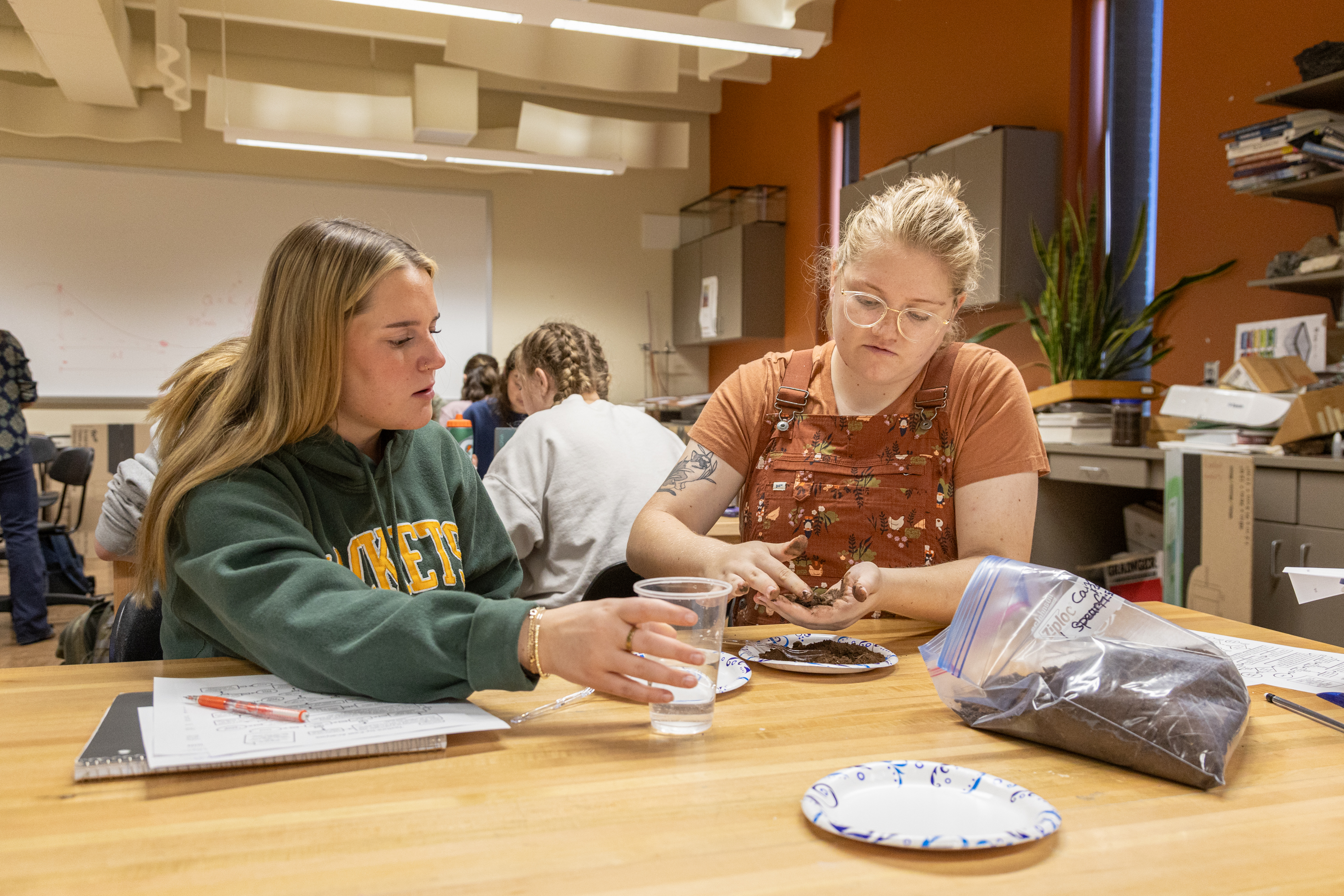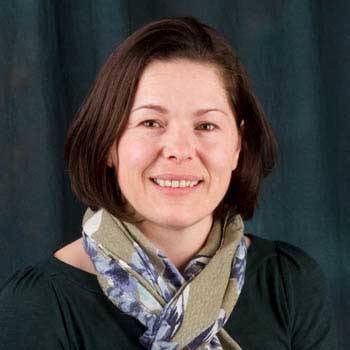Program Overview
Enjoy science? Love the outdoors? Want to make a positive difference in the world? Then a degree in Environmental Physical Science (EPS) at Black Hills State University is for you. What better place is there to study than in the unique natural laboratory of the Black Hills?
-
EPS is unique to Black Hills State University: It’s a rigorous, broad science degree with an emphasis in geology and real-world, hands-on experience and research. Coursework will address issues such as ground and surface water quality and management; soil testing; land-use planning; and natural hazard mitigation.
-
Geological and environmental sciences are growth sectors with many opportunities at the entry-level, and even more after graduate school.
-
Smaller classes and a small program mean more research and internship opportunities for the students, more field experiences, and stronger relationships between students and faculty.
-
Faculty work with students to choose classes, internships, and research experiences that are tailored to best suit students’ career goals.


